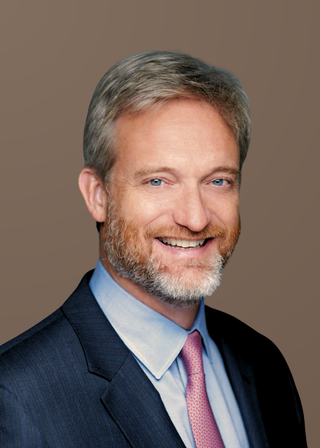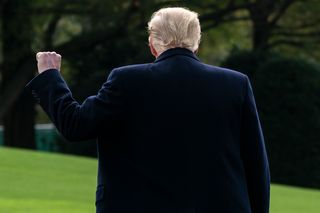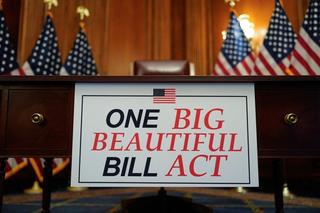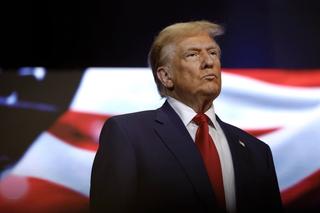Whether it wants to or not, the world is about to learn a lot more about Florida, America's Sunshine State.
US foreign policy will largely be determined by Floridians for the next few years, starting with President-elect Donald Trump.
Like many ageing Americans, Trump in 2019 made Florida his legal home.
He said at the time that although he loved his home state of New York, he was "treated very badly" by political leaders there.
In reality, he probably moved to Florida for the lower state income taxes, saving millions a year.
In the past months, the president-elected announced that he would nominate senator Marco Rubio of Florida as his Secretary of State. He also named Mike Waltz, also of Florida, as his National Security Advisor.
In congress, Brian Mast, who represents the area just north of Trump's Florida home, Mar-a-lago, won election as the chairman of the House foreign affairs committee. Mast is a combat veteran who lost his legs in Afghanistan.

His colleagues elected him overwhelming after he vowed to align foreign aid programs with US national security interests.
On the powerful House appropriations committee, Mario Diaz-Balart - who represents much of south Florida, chairs the panel that funds the State Department and all other international spending.
Once thought of as "God's Waiting Room," Florida was home to retired Americans, alligators and mangrove swamps.
New Yorkers drove down Interstate 95 and settled in Fort Lauderdale and Miami on Florida's East Coast. Chicagoans and other Midwesterners headed south on Route 75 to retire in Tampa Bay, Sarasota or Fort Myers on Florida's West Coast.
Today, however, Florida is bursting at the seams. Home to global culture powerhouse Disney, no state income tax, growing numbers of investment firms, cyber companies and crypto entrepreneurs, Florida is hot - and it's not just the weather.
Politically, Florida is as American as you can get. It has sided with the winning presidential candidate in seven out of the last eight elections.
Florida's economy cooks along at about $1.7 trillion per year, making it just a little smaller than Australia's entire economy. With almost 23 million people, Florida is America's third most populous state, trailing only California and New York.
Floridians are diverse as well - 27 per cent Hispanic, 17 per cent Black and nearly 21 per cent born outside the United States. With significant populations from Cuba, Haiti and Venezuela, the City of Miami has become as internationally focused a city as New York or London.
Politically, Florida is as American as you can get. It has sided with the winning presidential candidate in seven out of the last eight elections.
In 2000, George W. Bush won Florida by 537 votes (out of almost 6 million cast), with the state taking weeks to finalise the count in the infamous "hanging chads" election.
In 2024, Trump won Florida by over 13 per cent, a massive surge from his 1 per cent win in 2016.
In other words, Florida is the leading edge of resurgent political conservatives in the United States.
What does this mean for American foreign policy?
Expect that the Western hemisphere will receive significantly more attention than it would have without the presence of the Florida contingent.
The global competition between the US and China has been particularly acute in Latin America.
China is now biggest trading partner in most of the continent.
Much of the American pushback against Chinese economic predation will come from and through the Miami business community, and the Trump White House and GOP Congress will be deeply involved.
Beyond Latin America, expect a tug of war between those who lean toward values, the idealists, and those who lean toward interests, the realists.

On the values side, Marco Rubio is the son of Cuban exiles from Fidel Castro's communist regime and owes his interest in foreign policy (he is a senior member of the Senate foreign relations committee) to a deep-seated distain for dictators and totalitarians.
In the Senate, Rubio has been an active voice for democracy and human rights across the globe. Mario Diaz-Balart shares many of these values.
The realists, Waltz and Mast, are both combat veterans and share Trump's more flinty-eyed approach to global affairs.
They are skeptical of foreign interventions but support a bigger defence budget: "speak softly and carry a big stick."
The Florida contingent will have consensus on isolating and sanctioning Iran, ramping up economic and security competition with China and pushing Congress for a big increase in defence spending.
There will be division on the best way to deal with Russia's invasion of Ukraine and the value of investing in diplomacy and development programs.
Rhetorically, this geographically unified group may be a little dissonant, alternating support for the principles of democracy one day and support for primacy of economic ties the next. How very American.
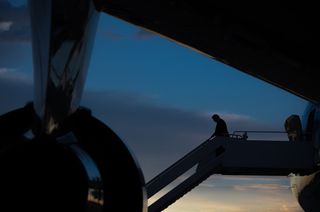



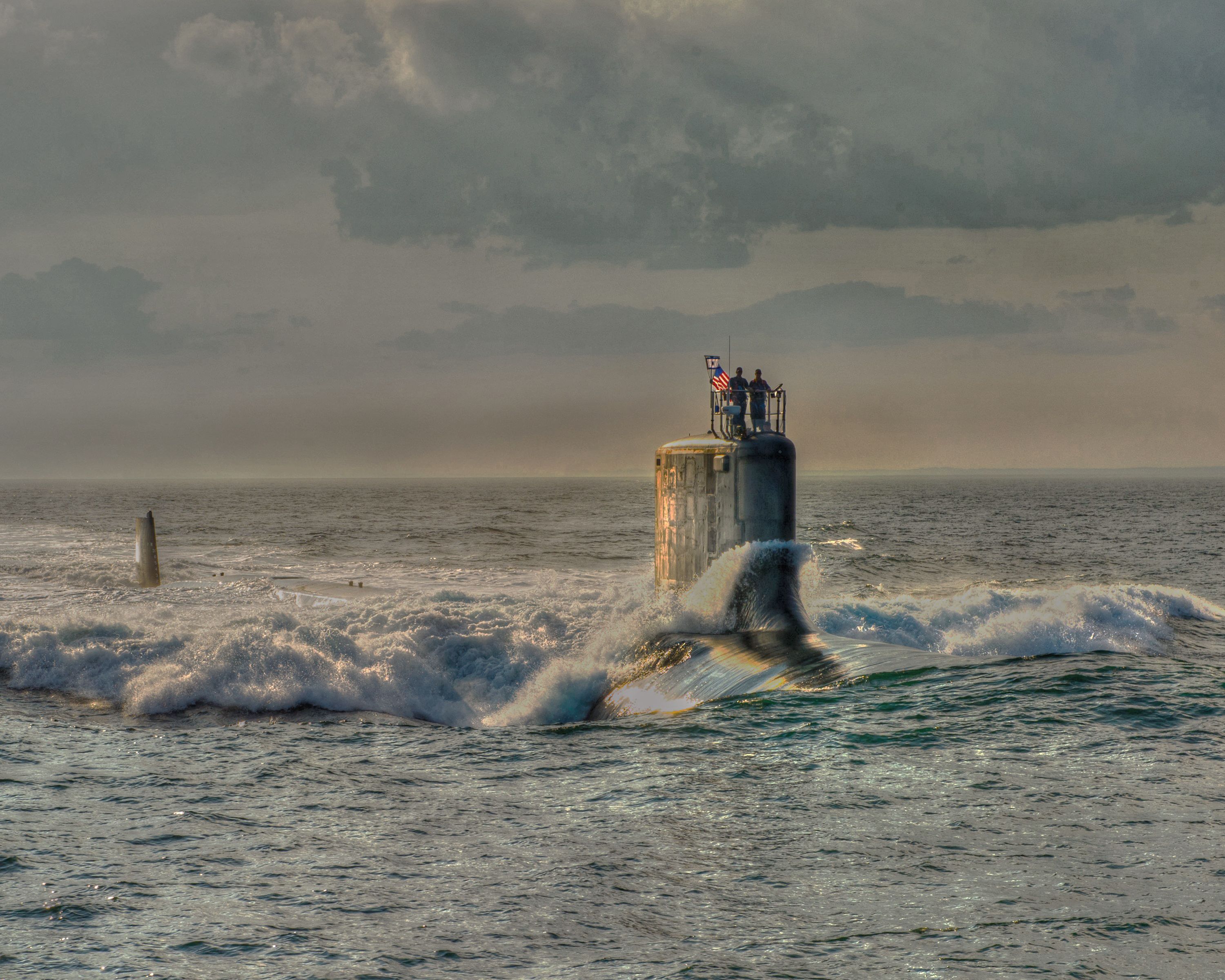.jpg?rect=0,80,3000,1989&fp-x=0.5&fp-y=0.44772296905517583&w=320&h=212&fit=crop&crop=focalpoint&auto=format)

